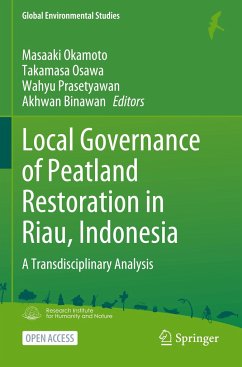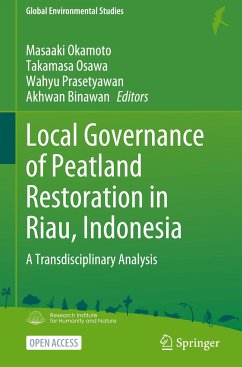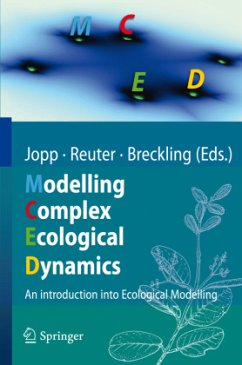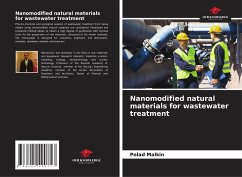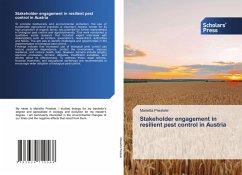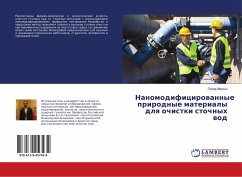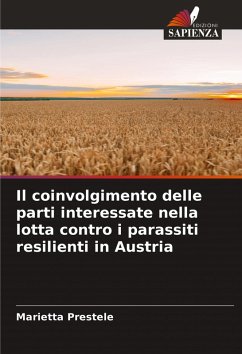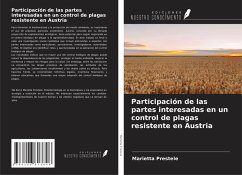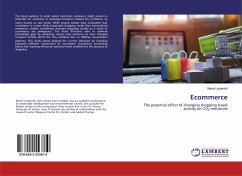
Ecommerce
The potential effect of changing shopping travel activity on CO2 emissions
Versandkostenfrei!
Versandfertig in 6-10 Tagen
27,99 €
inkl. MwSt.

PAYBACK Punkte
14 °P sammeln!
The book explores to what extent electronic commerce might present a potential for reduction in passenger-transport related CO2 emissions, by using Austria as case study. While several studies have concluded that ecommerce is a more likely sustainable shopping mode than conventional commerce, studies considering changed shopping activity as a result of ecommerce are ambiguous. The book therefore aims to diminish knowledge gaps by simulating various case scenarios on how changed transport activity affect the CO2 emissions due to shifting consumption patterns. This study moves beyond the current...
The book explores to what extent electronic commerce might present a potential for reduction in passenger-transport related CO2 emissions, by using Austria as case study. While several studies have concluded that ecommerce is a more likely sustainable shopping mode than conventional commerce, studies considering changed shopping activity as a result of ecommerce are ambiguous. The book therefore aims to diminish knowledge gaps by simulating various case scenarios on how changed transport activity affect the CO2 emissions due to shifting consumption patterns. This study moves beyond the current literature by including potential different interactions of consumers' ecommerce purchasing habits and resulting effects on personal travel activities for the purpose of shopping.




